Here’s What You Need to Know About Past Sexual Trauma
Just because it happened in the past doesn’t make it any easier.
Whether it just happened, it’s been a few months, or maybe a few years have passed, the healing process takes time.
No matter your age, gender, or race, sexual trauma can happen to anyone.
First things first: Stop beating yourself up. No one deserves what you went through. You are not the one to blame for the trauma you endured.
The road to recovery isn’t an easy process. That being said, it is possible to heal and move forward with your life again, just like you were before the trauma occurred.
Here’s what you need to know about past sexual trauma.
The Physical Symptoms
When experiencing a traumatic event, it’s very common to experience a physiological response as a way for your body and brain to defend and protect themselves from threatening situations.
After a trauma takes place, the body and brain may go into defense mode and start to perceive situations as threatening, even if they’re not.
Typically, the body responds to trauma by either fight, flight, or freeze response. These are some of the most common physical symptoms when it comes to sexual trauma:
Easily startled
Fear of touch
Rapid heartbeat
The Psychological Symptoms
Along with physical symptoms, psychological symptoms are also extremely common with sexual trauma. Here are some of the most common psychological symptoms:
Anxiety
Depression
Eating disorders
Flashbacks
Insomnia
Post-Traumatic Stress Disorder (PTSD)
Self-injury, harm, or suicide
Substance abuse
How to Cope with Sexual Trauma
Your body and brain may be trying to convince you that you should withdraw or isolate yourself as a means of protection. This is actually one of the worst things that you can do. If you don’t get the help that you need, the signs and symptoms you’re experiencing can start to worsen over time.
Even with trauma that has previously occurred, there are things that you can do to help you cope.
Talk to Someone
It may be easier said than done, but talking about how you’re feeling can help tremendously. Reach out to a trusted friend or lean on a loved one for support and guidance. Let them know what you need from them.
Maybe you just need them to listen, nod their head, and hold you. Or maybe you’re looking for a little more advice to guide you in your healing process. Whatever you need, let them know. They’re there for you through the good time and the bad.
Take Care of Yourself
After trauma occurs, your body and brain may go into overdrive and become overly active. Try to take care of your wants and needs, inside and out. Listen to your body and give it what it wants. It may be easy to push your wants and needs to the side, but taking care of yourself is one of the best things you can do for the healing process.
Make sure you’re eating healthy and well-balanced meals during the day. Stay properly hydrated. Aim to move your body for at least 30 minutes every single day.
Self-care looks different for everyone. Listen to music or an audiobook. Curl up on the couch and read a book or turn on a TV show. Take a bath.
Do the things that relax you, provide comfort, and bring you joy.
Seek Additional Support
No matter the exact timeline of when the trauma took place, a therapist can work with you to help you cope with the different thoughts, feelings, and emotions you’re dealing with from your trauma.
They’ll work with you to listen, help you better understand and manage everything, and teach you coping techniques.
Next Steps
If your symptoms are starting to get in the way of your daily life and routine, it’s a good indicator that additional help or support is needed.
Reaching out for help doesn’t mean that you’re weak. It’s actually one of the strongest things you can do.
With the right tools, you can overcome your trauma. Reach out to us today to set up a consultation.

